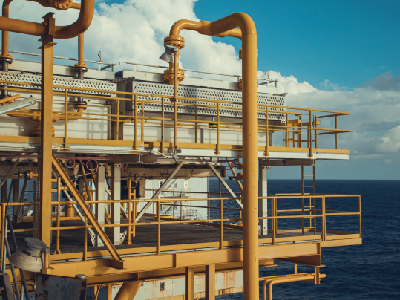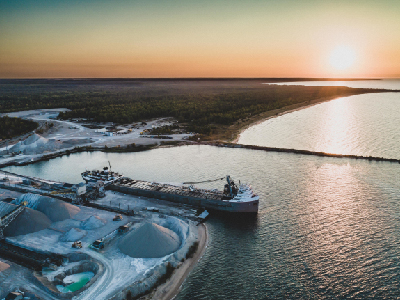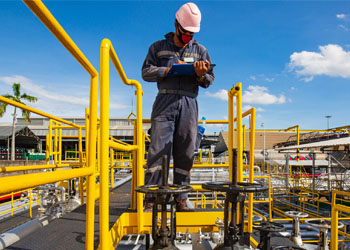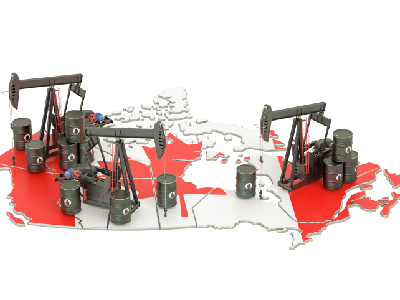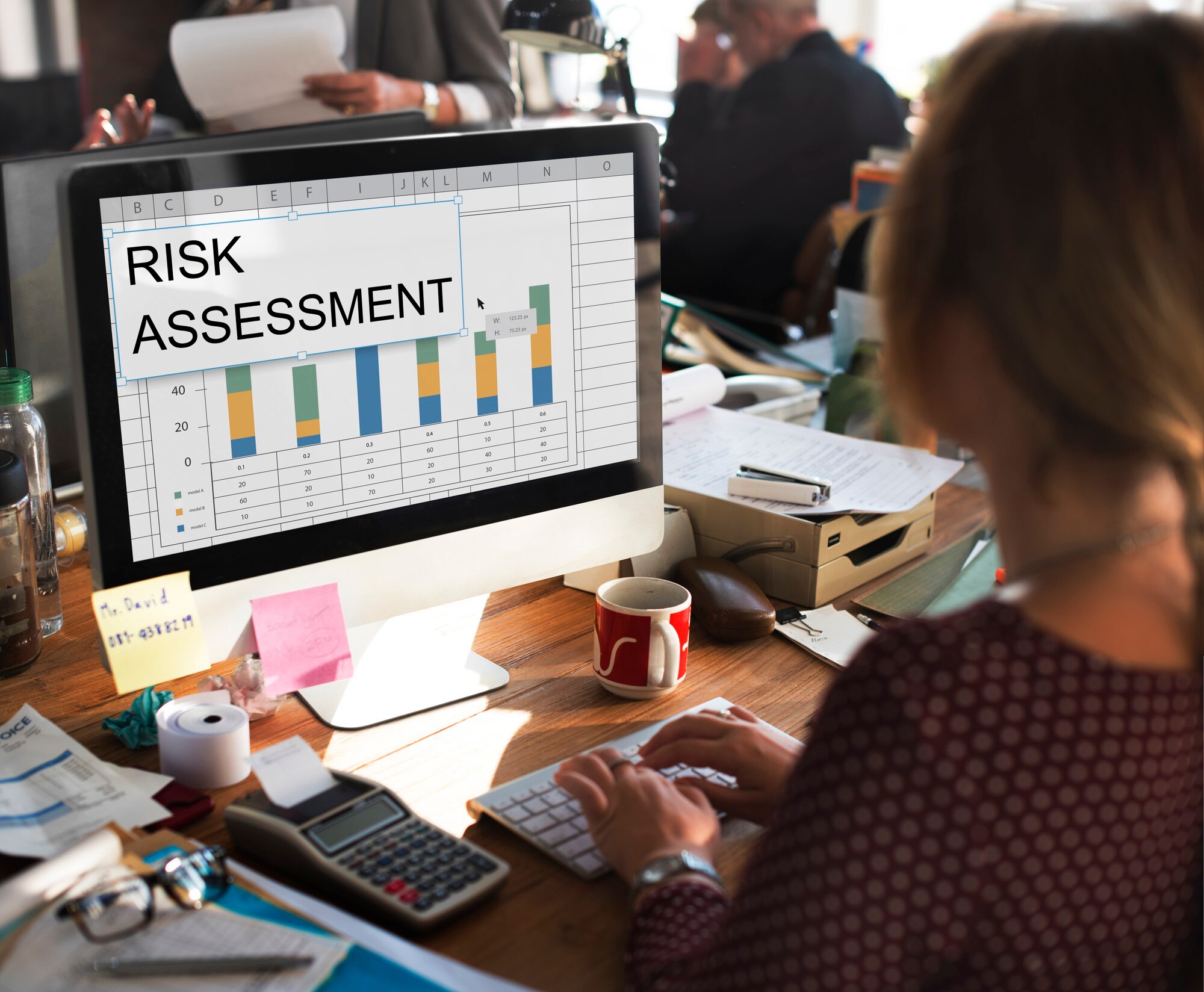Ore separation and processing techniques
Course Overview
The separation and processing of crude oil are fundamental stages in the oil and gas industry. These processes aim to remove impurities and unwanted elements, such as water, salts, and gases, from crude oil to improve its quality and make it ready for subsequent refining operations. These operations require the use of advanced technologies and precise tools to ensure maximum efficiency and quality. This training program aims to provide participants with the knowledge and skills necessary to apply the latest techniques in crude oil separation and processing, with a focus on modern tools and effective practices used in these processes.
Course Objectives
- Understanding the Fundamentals of Crude Oil Separation and Processing:
Gaining knowledge about the basic components of crude oil and how to separate it into different fractions. - Enhancing Skills in Modern Separation Techniques:
Learning how to apply mechanical and chemical separation techniques to improve crude oil quality. - Developing Strategies for Water and Impurity Treatment:
Acquiring the ability to effectively remove water and other impurities from crude oil. - Applying Analysis and Evaluation Techniques:
Learning how to use analytical and evaluation tools to ensure the efficiency of separation and processing operations. - Exploring the Latest Advancements in Processing Technologies:
Gaining knowledge of the latest technologies used in crude oil separation and processing.
Target Audience
- Process Engineers in the Oil and Gas Sector
- Oil Facility Operators Responsible for Separation and Processing Operations
- Production Managers Seeking to Improve Operational Efficiency
- Maintenance Experts Ensuring the Continuity of Processing Equipment Operations
- Technical Professionals in Oil Refineries and Processing Plants
Course Modules
Understanding the basics of crude oil separation and processing
- Identify the components of crude oil and unwanted elements.
- Review of basic techniques for separating oil from water, salts, and gases.
- How to design and implement separation and treatment processes according to the characteristics of crude oil.
- Examples of successful separation and processing operations in industry.
- Develop plans to improve the efficiency of separation and treatment operations based on operating conditions.
Improving skills in using modern classroom techniques
- How to use mechanical separation techniques such as centrifuges and gravity separators.
- Strategies for applying chemical technologies such as separation aids (solvents and catalysts).
- Examples of applications of modern separation technologies to improve the quality of crude oil.
- Develop skills in selecting appropriate tools and techniques for each separation process.
- Evaluate the effectiveness of different separation techniques and make necessary improvements.
Developing water and wastewater treatment strategies
- Strategies for removing water and impurities such as salts and sediments from crude oil.
- How to use water treatment systems to efficiently separate oil and water.
- Examples of effective treatment techniques for removing impurities in industry.
- Develop plans to improve the efficiency of water and wastewater treatment processes.
- Evaluation of the impact of processing on the quality and efficiency of crude oil.
Application of analysis and evaluation techniques
- How to use analytical tools such as spectroscopy and chromatography to assess the quality of crude oil.
- Strategies for evaluating separation and treatment outcomes and ensuring adherence to standards.
- Examples of using analysis and evaluation to improve operational efficiency.
- Develop skills in interpreting analysis results and using them to improve performance.
- Continuously evaluate and improve the effectiveness of analysis and evaluation tools.
Learn about the latest developments in processing technologies.
- Review of the latest tools and technologies used in the separation and processing of crude oil.
- Using technology such as predictive analytics and the Internet of Things (IoT) to improve operational efficiency.
- Examples of modern technology applications to improve processing operations.
- Develop strategies for integrating technology into daily separation and processing operations.
- Evaluate the benefits and challenges of applying modern technologies in the separation and processing of crude oil.
Instructor
Name: Dr. Ali Al-Ruwaiti
Specialization: Information Security, Communications Engineering, and Artificial Intelligence
Certificates: PhD in Information Engineering and Cryptography (UTHM University, Malaysia - 2020) MSc in Communication Engineering (University of Misurata, Libya - 2011)
Core Programs Trained: Information Security and Ethical Hacking Digital Transformation Artificial Intelligence and Deep Learning Technologies Writing and Publishing at Scientific Conferences
Bio: Libyan expert in information security and communications engineering, Director General of the General Administration of Electronic Services at the General Authority for Communications and Information Technology in Libya. He holds a PhD from Malaysia, and has extensive experience in academic and technical consulting. He contributed to the preparation of national laws and regulations for digital transformation and data protection, and published scientific research in the fields of artificial intelligence and network security. He provides workshops and training courses in artificial intelligence, information security, and project management.
- Languages: Arabic
- Program Levels: Specialized technical level
- Venue: Company Headquarters
- Hours: 25
- Location:



.jpg)

